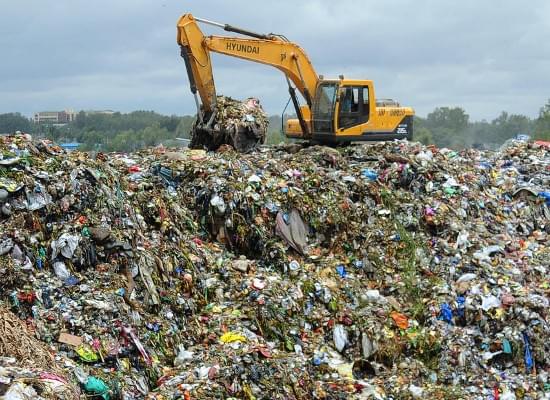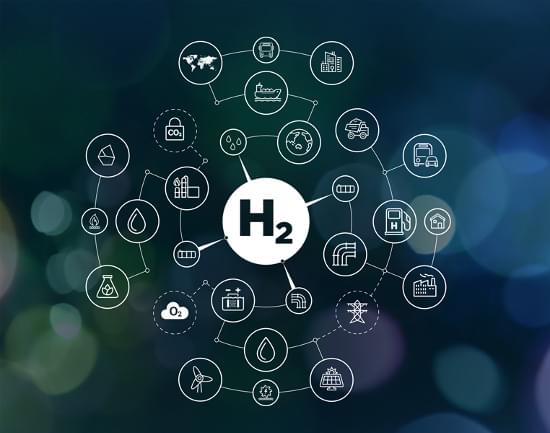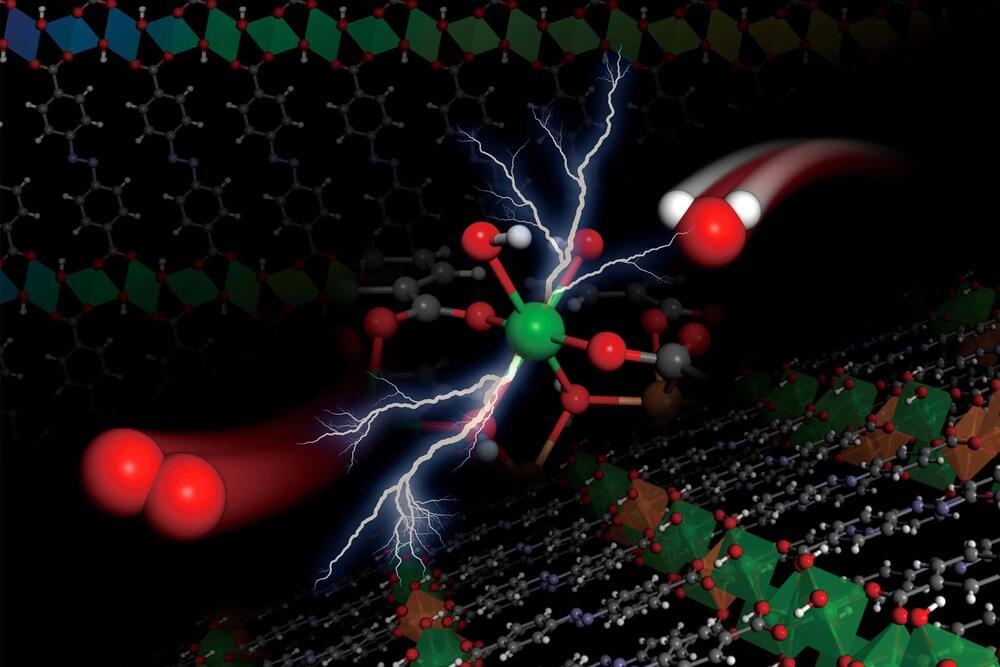Today we can eliminate landfills by incinerating much of the garbage we produce using net-zero-emissions waste-to-energy technologies.




Nikola Tesla’s vision of the world is about to become reality.
#engineering
Wireless electricity is a 100-year-old dream that just might turn into reality in the coming years. The advent of wireless charging, electric vehicles, 5G, and the need for greater sustainability have led to a push for the development of fully operational wireless transmission technology in different parts of the world.
From America’s Wave Inc. to Japan-based Space Power Technologies and New Zealand’s energy startup Emrod, there are a number of companies that are currently working on wireless power transmission technology. Field tests have also begun for some systems, and it will be interesting to see who comes first in this race to offer an efficient, economical, and viable wireless electricity solution.
Before we get into the different revolutionary initiatives concerning wireless electricity, it is important to understand its origin and the underlying concept behind this technology that makes it a reliable choice for future power needs.

The material could replace rare metals and lead to more economical production of carbon-neutral fuels.
An electrochemical reaction that splits apart water molecules to produce oxygen is at the heart of multiple approaches aiming to produce alternative fuels for transportation. But this reaction has to be facilitated by a catalyst material, and today’s versions require the use of rare and expensive elements such as iridium, limiting the potential of such fuel production.
Now, researchers at MIT and elsewhere have developed an entirely new type of catalyst material, called a metal hydroxide-organic framework (MHOF), which is made of inexpensive and abundant components. The family of materials allows engineers to precisely tune the catalyst’s structure and composition to the needs of a particular chemical process, and it can then match or exceed the performance of conventional, more expensive catalysts.

“Aside from vastly expanding the geographic coverage of this energy source, the sheer feat of engineering involved deserves a mention. Until now, the deepest artificial point on Earth has been the Kola Superdeep Borehole in Russia. That Soviet-era project reached 12,262 metres (40,230 ft) below ground. Quaise would smash that record if achieving the full potential of 20,000 metres (65,600 ft).” https://www.futuretimeline.net/blog/2022/02/28-geothermal-en…nology.htm
A new drilling technology able to reach depths of 20 km could enable geothermal power to be accessed almost anywhere in the world.

Aluminum is a highly reactive metal that can strip oxygen from water molecules to generate hydrogen gas. Now, researchers at UC Santa Cruz have developed a new cost-effective and effective way to use aluminum’s reactivity to generate clean hydrogen fuel.
In a new study, a team of researchers shows that an easily produced composite of gallium and aluminum creates aluminum nanoparticles that react rapidly with water at room temperature to yield large amounts of hydrogen. According to researchers, the gallium was easily recovered for reuse after the reaction, which yields 90% of the hydrogen that could theoretically be produced from the reaction of all the aluminum in the composite.
Easy aluminum nanoparticles split water and generate hydrogen gas rapidly under ambient conditions.
A collaboration between engineers at Lufthansa Technik and chemicals and coatings manufacturer BASF has resulted in the creation of AeroSHARK—a thin film coating that can be applied to an aircraft’s outer skin to reduce drag and thus fuel consumption and carbon emissions. Swiss International Airlines has posted a blog entry on their website describing the film and the benefits the company expects to get from it. Lufthansa Technik has also posted a blog entry detailing the development of AeroSHARK.
The thin film was developed as part of an effort kicked off by engineers at Lufthansa looking for ways to reduce the cost of fuel for their planes. To that end, they looked to nature, and more specifically, sharks—creatures who have been streamlined over millions of years of evolution. The researchers found that shark skin is covered with millions of “riblets,” which are protrusions that run the length of their bodies. The engineers then teamed up with a group at BASF to create a similar type of skin for aircraft. The result was the creation of AeroSHARK, a clear, thin skin with millions of riblets, each just 50 micrometers high. Testing showed that the material reduces drag.
The researchers found that by applying the skin to the entire fuselage and engines of a Boeing 777, they could reduce fuel consumption by 1.1%. Swiss estimates that the skin will result in reductions in fuel consumption across its fleet by 4,800 metric tons a year, which, in turn, will result in reducing carbon emissions by 15,200 metric tons. They suggest that amount is equivalent to 87 long-haul flights from Zurich to Mumbai. Swiss plans to coat all 12 of its 777-300ER airplanes with AeroSHARK starting this summer. Meanwhile, Lufthansa has begun coating all of its large cargo aircraft with the new skin.
